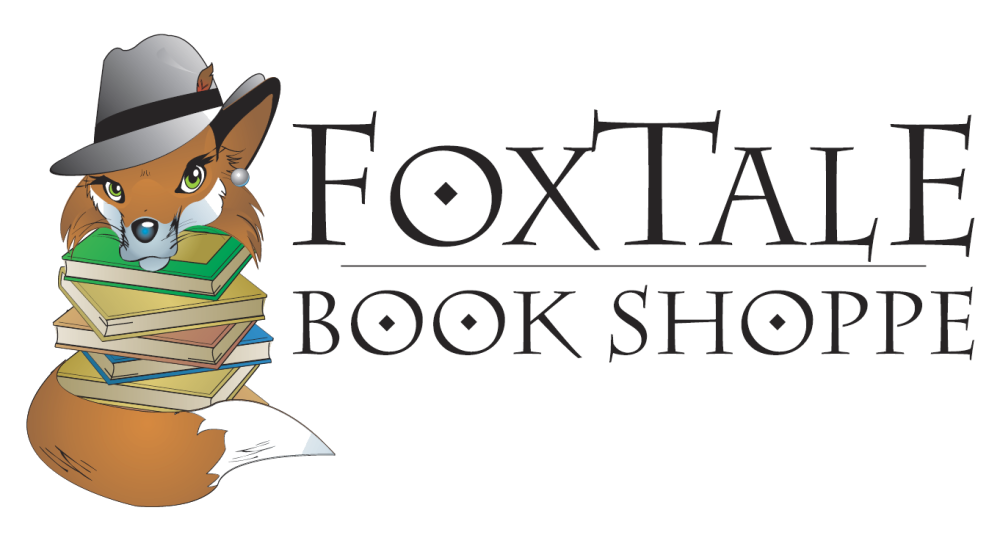
Bound and Free: Voices of Mortal and Otherworld Women in Medieval Irish Literature (Studies and Texts)
Description
Otherworld women feature in a number of medieval Irish tales, but they are not always powerful figures. Indeed, those who express their own desires are often disadvantaged and even threatened in the mortal world, especially when their choices are restricted by human society. The struggles they face often mirror those of mortal women; yet medieval Irish authors apparently found Otherworld women useful as vehicles for exploring social tensions and issues of contemporary concern.
Both the Acallam na Sen rach (Tales of the Elders of Ireland) and tales from the Ulster Cycle seem to deploy Otherworld women to facilitate the exploration of Irish society's emergence into a world influenced by European romance, where love shapes the choice of marriage partners despite the emotional risks -- a world where violence is, ideally, tempered by restraint; where foreigners arrive and are integrated, with greater or lesser success, into Irish society; and where the voices of women can be heard. While some Otherworld women are portrayed as seductive sirens, others are helpful, even indispensable figures, often serving as vehicles for critiques of various kinds and potentially performing important cultural work.
Bound and Free analyzes female figures as literary characters, rather than as mythological beings, focusing on their expression of emotions and the repercussions for the societies depicted in the narratives. Drawing on gender analysis, speech act theory, narratology, disability theory, and trauma theory, and incorporating recent work on emotions in medieval literature, this study probes the representation of both mortal and Otherworld women as active and desiring subjects and the affective responses that their words and actions might have generated in their medieval audiences.



